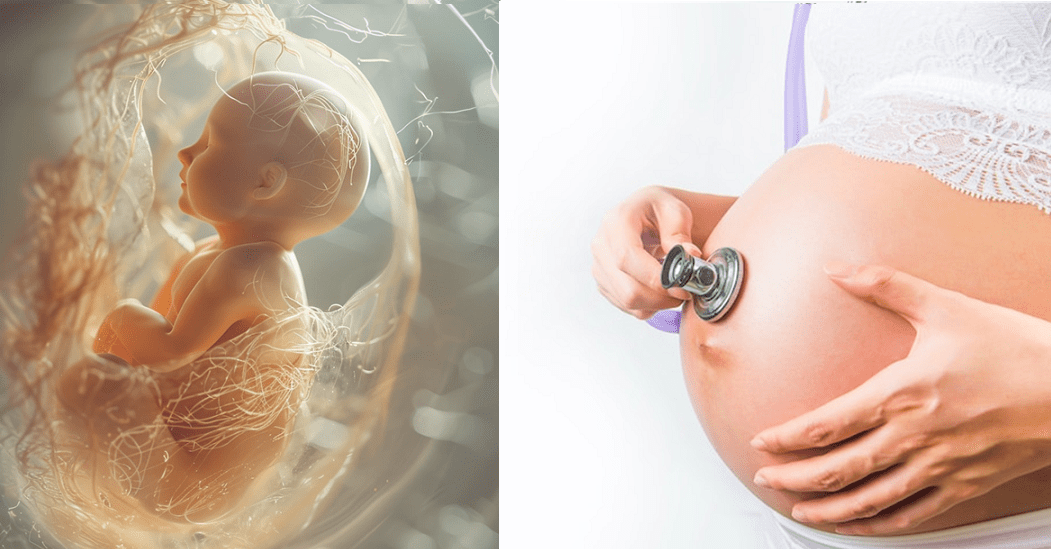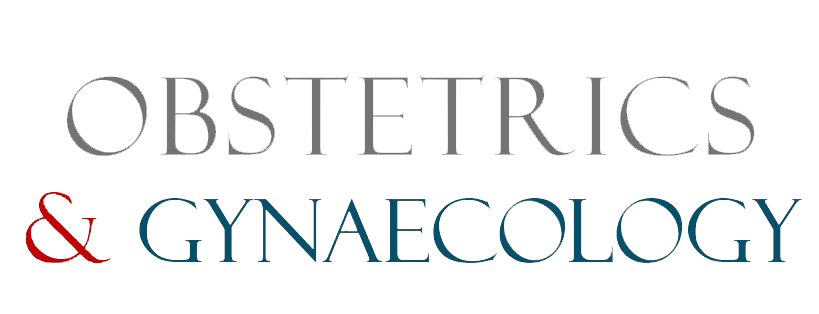
Maternal-Fetal Medicine (Perinatology) is a subspecialty within obstetrics that focuses on the comprehensive care of pregnant women who are at high risk for complications affecting the mother, fetus, or both. Maternal-fetal medicine (MFM) specialists, also known as perinatologists, are obstetricians with additional training in managing complex pregnancies through advanced diagnostics, preventive strategies, and therapeutic interventions.
High-Risk Pregnancy Management:
High-risk pregnancies may involve maternal conditions such as
hypertension, diabetes, autoimmune diseases, renal disorders, infections, or
obesity, as well as fetal concerns like growth restriction, structural
anomalies, or genetic abnormalities. MFM specialists work closely with general
obstetricians to coordinate multidisciplinary care, monitor the health of both
mother and fetus, and intervene when complications arise. Their role is
critical in reducing maternal and neonatal morbidity and mortality through
early detection, targeted management, and precise delivery planning.
Fetal Imaging and Diagnostics:
Fetal imaging is a cornerstone of perinatal care. Advanced ultrasound
techniques, including Level II anatomy scans, Doppler studies, and 3D/4D
imaging, are employed to assess fetal development, placental function, and
uterine blood flow. Additionally, fetal echocardiography is used to detect
congenital heart defects, while MRI may be utilised for more detailed
anatomical evaluations in complex cases. Regular imaging allows for continuous
surveillance of high-risk pregnancies, especially those with intrauterine
growth restriction (IUGR), amniotic fluid disorders, or structural anomalies.
Prenatal Genetics and Therapy:
MFM specialists lead the way in prenatal genetic screening and diagnostic
testing. Non-invasive prenatal testing (NIPT) using cell-free fetal DNA is
widely used to screen for chromosomal conditions such as Down syndrome (trisomy
21), Edwards syndrome (trisomy 18), and Patau syndrome (trisomy 13). Diagnostic
procedures like chorionic villus sampling (CVS) and amniocentesis offer
definitive genetic insights and are essential in families with a history of
inherited disorders. Some MFM units also offer emerging fetal therapies, such
as intrauterine transfusions for fetal anaemia, shunt placements for urinary
obstructions, and even fetal surgery in select cases like spina bifida.
Labour Complications:
Maternal-fetal medicine consultants are often involved in managing labour
and delivery complications, including preterm labour, placental abruption,
abnormal presentations, shoulder dystocia, and uterine rupture. They also
manage pregnancies complicated by multiple gestations (twins, triplets), which
carry an increased risk of preterm birth and delivery-related complications. In
such situations, they develop detailed birth plans, decide on the timing and
mode of delivery, and ensure neonatal resuscitation support is readily
available.
Conditions Treated:
- Pre-eclampsia and eclampsia
- Gestational diabetes mellitus
- Autoimmune disorders (e.g., SLE,
antiphospholipid syndrome)
- Fetal growth restriction (IUGR)
- Congenital anomalies
- Placenta previa and accreta
spectrum
- Infections like CMV,
toxoplasmosis, and Zika
- Recurrent pregnancy loss
- Multiple pregnancies
Prevention and Screening:
Preventive strategies in MFM include preconception counselling, early
folic acid supplementation, low-dose aspirin to reduce the risk of pre-eclampsia, cervical length screening to prevent preterm birth, and diabetes screening
in early pregnancy. Surveillance protocols are tailored based on individual
risk factors, ensuring timely interventions.
Treatments and Procedures:
- High-resolution fetal ultrasound
- Fetal echocardiography
- Amniocentesis and CVS
- Intrauterine transfusions
- Corticosteroids and tocolytics
for preterm labour
- Maternal medication adjustments
- Specialised delivery planning for
high-risk cases
In summary, maternal-fetal medicine provides vital
expertise in safeguarding the health of both mother and fetus throughout
complex pregnancies. Through proactive screening, advanced diagnostics, and
specialised interventions, MFM specialists significantly improve outcomes for
high-risk pregnancies.
Find a female care provider near you
Call or book online to schedule your visit.
